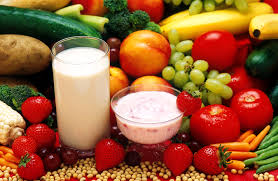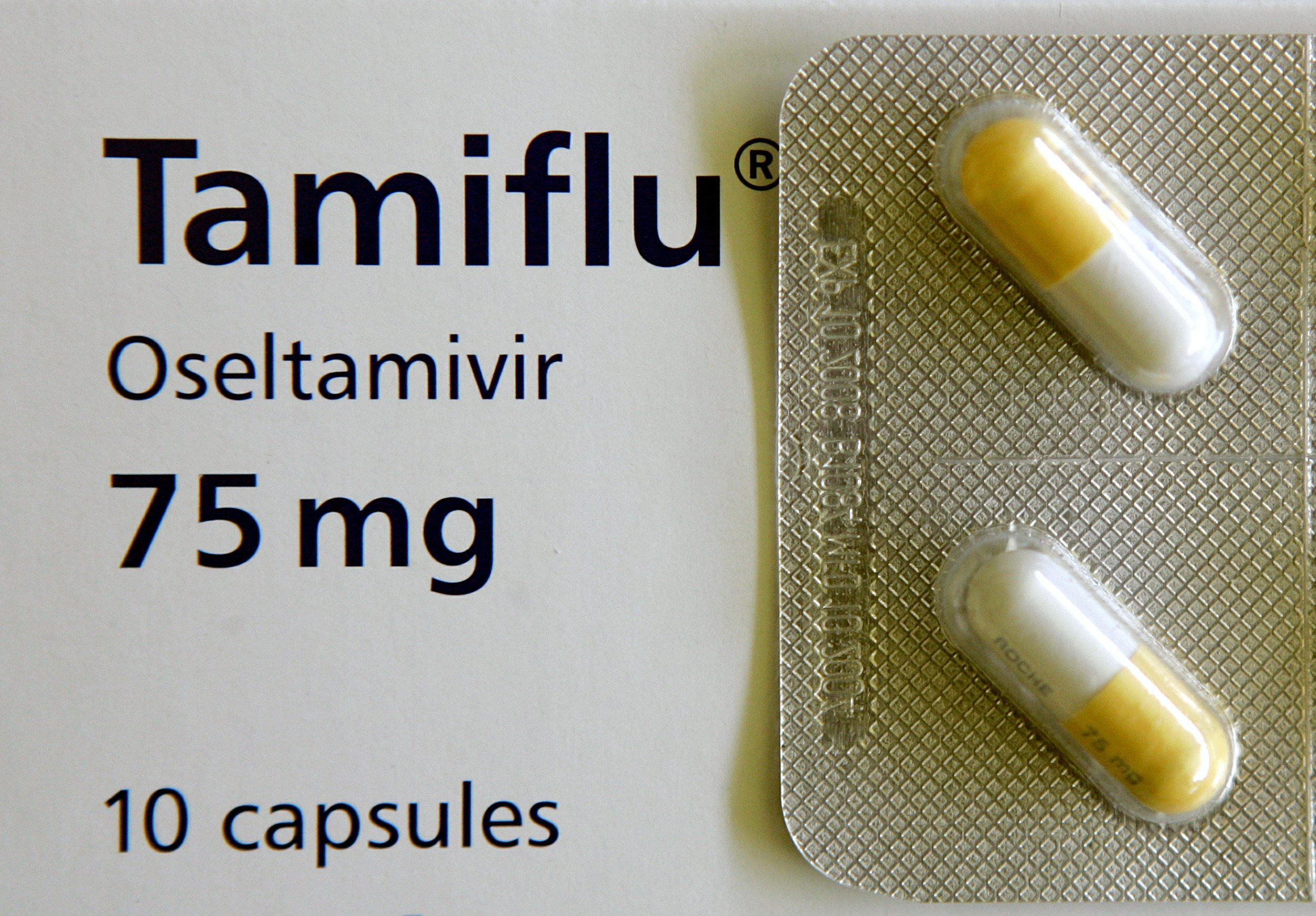
by Dr. Michael Murray | Jan 6, 2015 | Natural Facts
Introduction: Whey protein ingestion has been shown to reduce feelings of hunger and promote satiety making it a valuable aid in weight loss programs. Whey protein during weight loss has also been shown to preserve lean body mass. One of the best strategies for...

by Dr. Michael Murray | Dec 30, 2014 | Natural Facts
I absolutely love this time of year. It allows me to fully examine my life and, of course, assess if I achieved the goals that I set for the previous year. I began 2015 with seven resolutions and am happy to report that I kept every one of them. Honestly, I think it...

by Dr. Michael Murray | Dec 23, 2014 | Natural Facts
Introduction Prunes (dried plums) are most popularly used for their laxative effects, but a growing body of research indicates that prunes offer significant benefits to bone health. In a 2001 study, prunes were shown to help offset women’s significantly increased risk...

by Dr. Michael Murray | Dec 16, 2014 | Natural Facts, Prescription Drugs
Introduction Oseltamivir, brand name Tamiflu, was released onto the market in 1999 for the treatment of influenza. Despite is wild popularity – over 6 billion prescriptions for a 5 day course costs about $135 – results from detailed analysis have called its...

by Dr. Michael Murray | Dec 9, 2014 | Natural Facts
Introduction: Exercise is a critical component to a health promoting lifestyle and its beneficial impact for weight management is without question. A new study, however, shows that exercise influences a lot more than metabolism and burning extra calories. It can...

by Dr. Michael Murray | Dec 2, 2014 | Natural Facts, Prescription Drugs
Introduction: In the late 1990s, St. John’s wort (SJW) extract rocketed to tremendous success in the United States and Europe as a natural anti-depressant, but a dubious 2002 study funded by the drug company giant Pfizer, led to a crushing 97% drop in its popularity...









